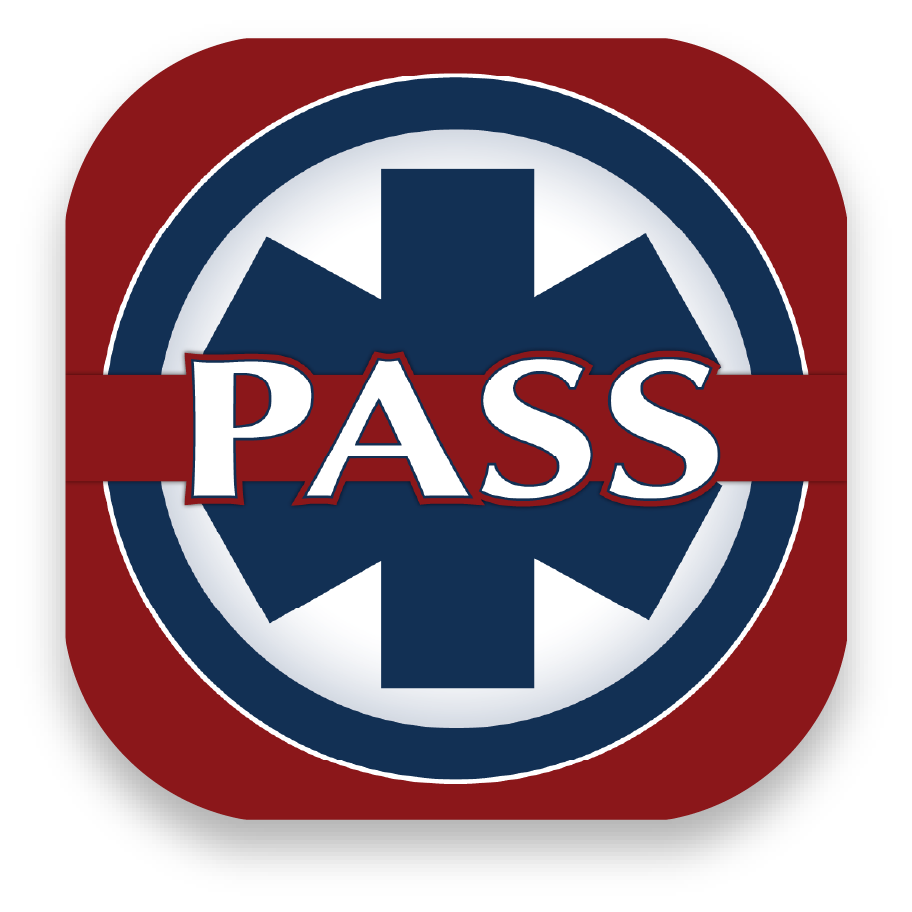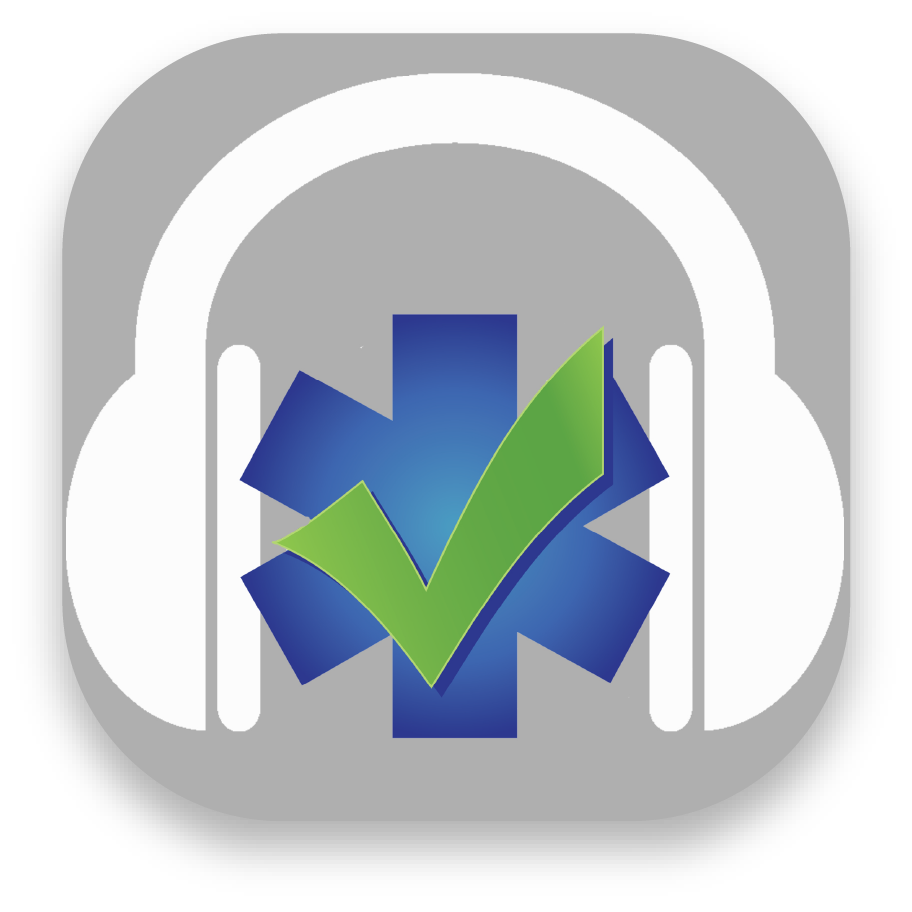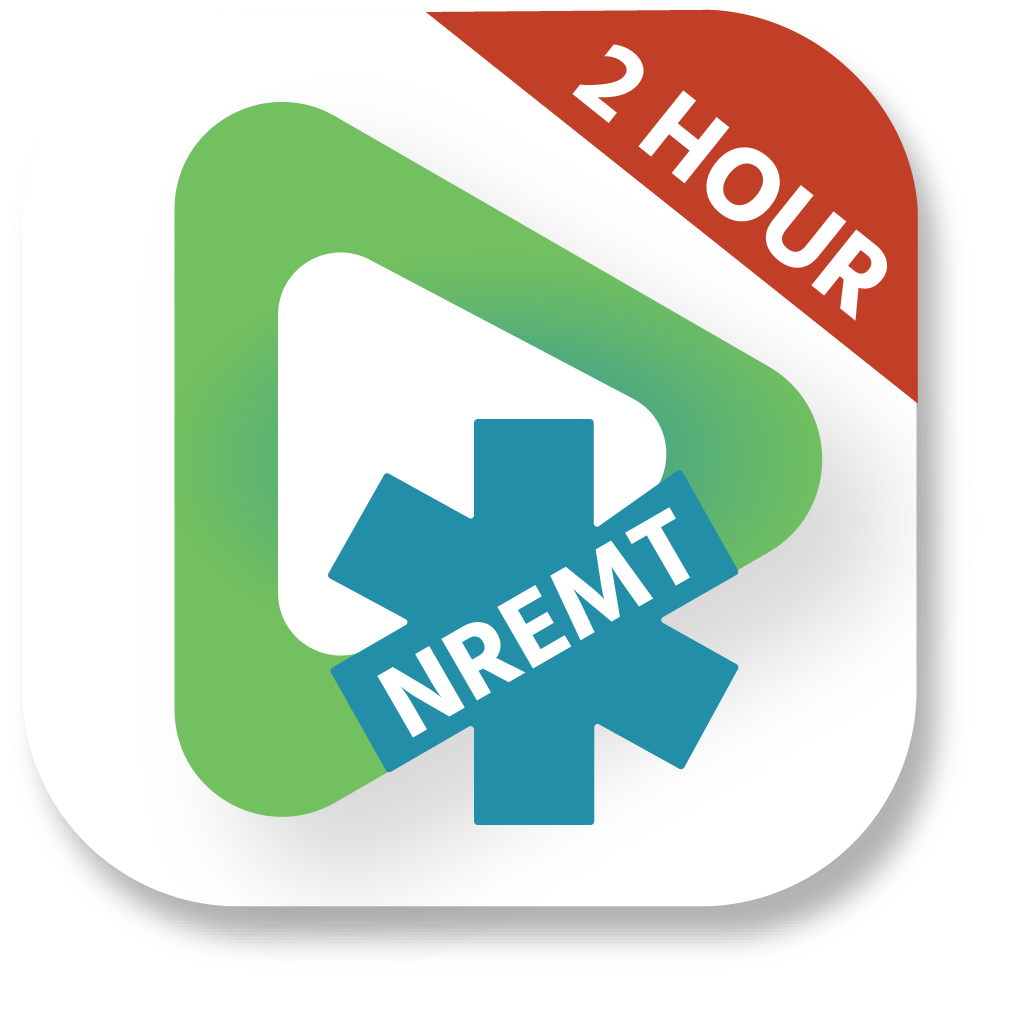
Mike Miller

by Limmer Education
Our articles are read by an automated voice. We offer the option to listen to our articles as soon as they are published to enhance accessibility. Issues? Please let us know using the contact form.
In the first installment of our NREMT FAQs, we addressed some interesting clinical care questions students had about the practice scenarios in our NREMT Review webinar.
Today, we’re addressing more questions students had for us. These all have to do with taking the test itself: How to prepare, when to take the test, what happens in the examination room, and some of the differences between the cognitive exam and the skills test.
I am taking this class to work on my skills after being out of the field for a couple of years. Any suggestions for learning programs before I get back into the field?
This is more than an exam prep question. My short answer is to start like a rookie and work with someone for a bit to get your confidence back. There is no shame in having some FTO time or working with people who will have your back for a bit. It is better than getting hit with a horrible call or two before you feel ready and losing your mojo. If you are at an advanced level be sure to know your protocols and pharmacology.
If you were in EMS for any amount of time before you went out, it will come back quickly.
Why do we still give oxygen early on with our medical assessment practical exam, but in written exams we only think about hypoxia? It's contradictory.
This is an interesting question—and one that requires a careful answer. The first thing is that skill sheets aren’t guides for clinical practice. They are for skills testing and have to have some criteria built in. It isn’t the way you will assess and manage a patient every time. I know that is crazy and duplicitous, but it is true. The patient you will encounter in your skills exam will need oxygen because he or she will have criticality. That is why the skill sheet says that. In real life, you will make a decision based on clinical judgment. For more guidance on oxygen administration, check out our oxygen administration flowchart.
The indication for oxygen is hypoxia or criticality that would benefit from oxygen. On the street or the NREMT exam.

This is an interesting question—and one that requires a careful answer. The first thing is that skill sheets aren’t guides for clinical practice. They are for skills testing and have to have some criteria built in. It isn’t the way you will assess and manage a patient every time. I know that is crazy and duplicitous, but it is true. The patient you will encounter in your skills exam will need oxygen because he or she will have criticality. That is why the skill sheet says that. In real life, you will make a decision based on clinical judgment. For more guidance on oxygen administration, check out our oxygen administration flowchart.
The indication for oxygen is hypoxia or criticality that would benefit from oxygen. On the street or the NREMT exam.
How deep should EMT students go with their anatomy knowledge?
Do you have recommendations for brushing up on pathophysiology?
Knowledge of pathophysiology is the difference between understanding and memorizing. Many educators find it challenging to teach—but it is foundational for your success at any level in EMS. We have a pathophysiology audio lecture series that is designed for EMTs but is also recommended for those about to begin AEMT or paramedic courses.

Question 1:
I already downloaded and use the PASS app. What else can I do to study for the NREMT?
This is a great question. Many people fly through practice exams without reflection. It is important to do a few things when taking practice exams. These include:
Looking at the rationale and determining why you got the question wrong.
Identify words or concepts in the question you missed and relate them to the correct answer.
Making note of things you didn’t know or may need to study/refresh.
I would also say that the NREMT is more about applying the material you learned in your course than remembering it. If you go back to your textbook, use case studies and critical thinking exercises rather than trying to reread the whole book.

Question 2:
What is the biggest tip you have to offer for someone taking the NREMT exam?
I’ve talked a lot about knowledge and test-taking here. Let’s talk about how to relax and focus.
Having recently taken the NRP exam, other than studying and using Paramedic PASS, the most important thing that led to my success was taking my time and reading each question thoroughly—TWICE before looking at the choices. Too many people read the question quickly to see what the choices are and miss important facts. You have plenty of time. It is an investment to read before you choose. And don’t forget to breathe.
You may think that as a 40-year paramedic that I wouldn’t be nervous. I was! Think about what would happen if the person who does exam preparation failed the NREMT exam! ☺
We hear these questions a lot every NREMT season. If you want more detailed information, you can find it on the National’s Registry’s website.
What is the percentage that you need to pass the exam?
The NREMT doesn’t give you a numerical score. The EMT and paramedic exams use computer adaptive testing (CAT) to determine your level of competency. Because of CAT, the NREMT may be anywhere from 70 to 120 questions. The NRP may be anywhere from 80 to 150 questions. Only the NRAEMT is a clean 135 questions for everyone. If you pass, it means you met or exceeded the NREMT’s “minimum passing standard.”
Are you allowed to use a blank sheet of paper during the test?
Yes, they provide you with a blank piece of paper, but you must leave it there when you finish the exam.
How long can you wait after taking the EMT class before taking the NREMT?
Two years, but please don’t wait that long. The longer you wait to take the NREMT after your course is over, the more you will forget. We recommend taking the NREMT as close to the end of your class as you can, provided you’ve had enough time to prepare for it.
Do they tell you that you got the question right or wrong after each question?
No, you won’t find out which questions you missed.
Will you know if you pass or fail after completion?
The NREMT says your test results will be posted to your online account “usually within 2 business days.”
How many tries do you have to pass this test?
Three. If you fail the third attempt, the NREMT requires you to take a refresher course before you can take the exam again. More about that here.
Can you flag questions and go back to them?
Nope. You used to be able to do this on the AEMT exam, but not anymore. For all examinations, once you answer and move on to the next question, that's it.
Is it possible to have a proctor read the test to someone diagnosed with dyslexia?
You can request it. For information on requesting accommodations due to learning or other disabilities, review the NREMT’s ADA page. There’s a questionnaire you’ll have to fill out and email to the Registry. On the questionnaire, you can request the specific accommodations you need.
What are the 5 categories on the NREMT?
The five categories you will be tested on are:
Airway, Respiration & Ventilation
Cardiology & Resuscitation
Trauma
Medical/Obstetrics/Gynecology
EMS Operations
When do you do the skills test?
The NREMT skills test (aka, psychomotor test or practical exam) is at the end of the course and often set up through your institution. Talk to your instructor to learn what your class details are. You can find more info here (click on the Psychomotor tab). The NREMT has a "Locate a Psychomotor Exam" section to help find one near you if you need one.
Do you have any suggestions for the practical exam?
Yes, we wrote out our top 5 tips for practical exam success. Read the post.
Good luck on your NREMT exam. If you need help getting ready for it, here are a few of our recommendations:

PASS Apps
Our famous EMT, AEMT and Paramedic PASS apps are a little more challenging than the NREMT itself. We did that on purpose. If you can succeed on the PASS practice exams, you can succeed on the National Registry.

EMT Pathophysiology Audio App
Did your instructor cover pathophysiology in-depth? If you understand pathophysiology (rather than memorizing signs and symptoms) you'll thrive on the NREMT and in the field. This app contains 4.5 hours of conversational, easy-to-understand pathophysiology lectures.

NREMT Review Streaming Video
In 2 hours, learn how to analyze NREMT test questions. This one-of-a-kind video walks you through practice NREMT questions (including samples of TEIs) and teaches you how to approach challenging questions for the best chance of success.

NREMT Practice Questions on YouTube
We have a whole YouTube playlist of good practice questions for the NREMT. Keep in mind, these questions are meant to challenge your critical thinking ability as it applies to the NREMT question style. Go ahead and subscribe!

Mike Miller

Dan Limmer, BS, NRP

Dan Limmer, BS, NRP